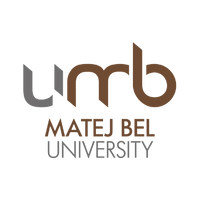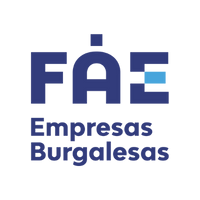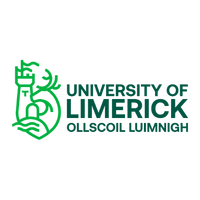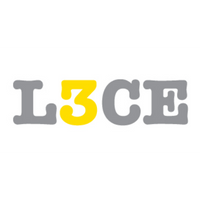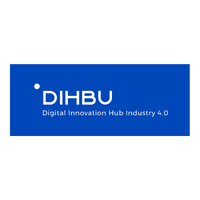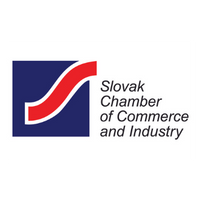
The project EAGLE aims to contribute to development of vibrant European education communities, capable of working with business partners to identify existing skill/knowledge gaps and able to fill them.
About the project
SMEs are increasingly aware that digitization is the key for being more competitive and for achieving higher business development. Based on a Eurostat survey, one of the principal barriers that European SMEs are facing is the lack of relevant qualifications and experience of potential candidates.
The need for Information and Communication Technologies (ICT) skills is also highlighted in a report2 by the Learning and Knowledge Development Facility (LKDF) of the United Nations Industrial Development Organization (UNIDO) and the European Training Foundation (ETF). As shown in the report, 76.2% of 105 companies surveyed felt that their need for improvement is mainly in ICT skills.
According to a different global survey of enterprises, 70% of large enterprises actively provided the training, while only 23% of SMEs did so. As SMEs are the backbone of the economy and digital skills are increasingly connected to how business is conducted, it is important to facilitate both the teaching and learning of digital skills among SMEs. As it is shown in the report “ICT workforce in Europe and its gender challenge after Covid-19”, currently in Europe less than one in five ICT specialist job is occupied by a woman, and ICT programmes in formal education systems can act as the primary pathway towards ICT jobs and face equally big gender gap
Objectives
-
To provide access to high-level educative contents regarding digitalization and new technologies, specifically to SMEs managers and staff, as well as job-seekers; contributing to bridge the digital divide between large, multinational companies and the rest of society.
-
To increase the number of professionals able to design, develop and deploy digital solutions in the economy and across sectors.
-
To strengthen the relationship between private companies, especially SMEs; and Higher Education Institutions, by analysing the knowledge needs of the first and providing specialized education adapted to their requirements, both in the contents, in the methodology for their delivery (short-courses, on-line or blended learning, etc.) and the academic certification provided (micro-credentials).
-
To contribute to digital transformation of businesses (framed in BUSINESS as one of the cardinal points of the Europe´s Digital Decade: Digital decade for 2030), contributing to the EUʼs digital ambitions for 2030 through concrete terms in regard to innovators, Late adopters, and Tech-up take.
- To contribute to gender convergence, relative to digital skills of people in the labour force (framed in SKILLS as one of the cardinal points of the Europe´s Digital Decade: Digital decade for 2030), contributing to the EUʼs digital ambitions for 2030 through concrete terms.
- To strengthen the links between HEIs from different regions in the EU by cooperating in the design of the planed crash courses and therefore, acquiring a deeper understanding of the particular circumstances and the economic and productive environment of each partner.

Latest News
On 2-3rd February, 2023 a project EAGLE aimed at addressing the specific skills gaps faced by small and medium-sized enterprises (SMEs) in EU was launched. The project, called “CovEring the trAining Gap in digital skills for European SMEs manpower” (EAGLE), is designed to help SMEs adapt to the rapidly changing digital landscape and ensure they have the skilled workforce needed to compete and thrive in the global economy. Read the full article here.
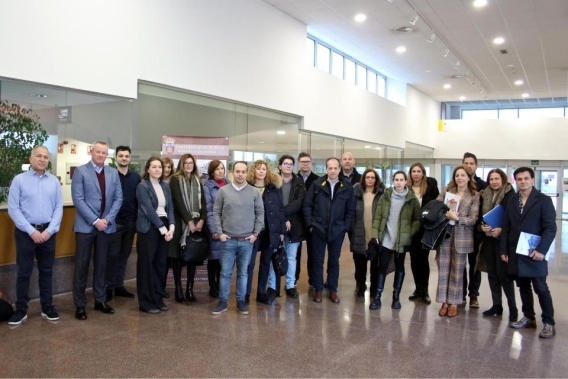
Visit the Project EAGLE Platform
Associated National Projects
MicroCreds

Human Capital Initiative
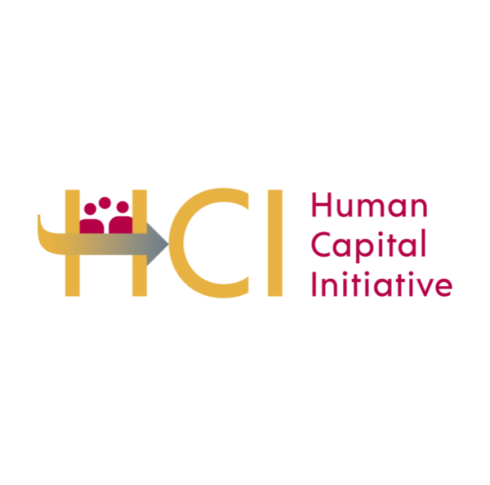
UL@Work

Need more information?

Geraldine Carroll
Professional Education Manager
Reach out to Geraldine to hear more about Project EAGLE geraldine.carroll@ul.ie
Graduate and Professional Studies
+353 (0)61 234377
University of Limerick, Limerick, Ireland
Contact Us | Download Prospectus | Sign up to stay informed | Quality and Feedback


